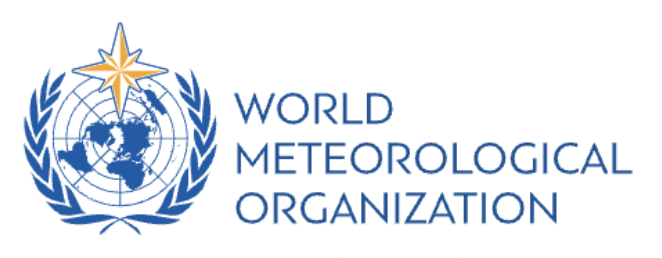Collaboration and coordination at its best
The Action aimed to strengthen resilience in the face of climate change by focusing on vulnerability and risk assessments, mainstreaming adaptation, cross-sectoral collaboration, financing, and resource mobilization. It encouraged coordination among national, regional, and international entities and private partners involved in disaster-related activities. The Action also emphasized the commitment of Ministers to support early warning and action entities, such as National Meteorological and Hydrological Services and National Disaster Management Offices. The activities aligned with the World Bank and CREWS projects and contributed to the Mozambican Strategy for establishing an Integrated Information Flow and Emergency Warning System for Floods and Cyclones.

